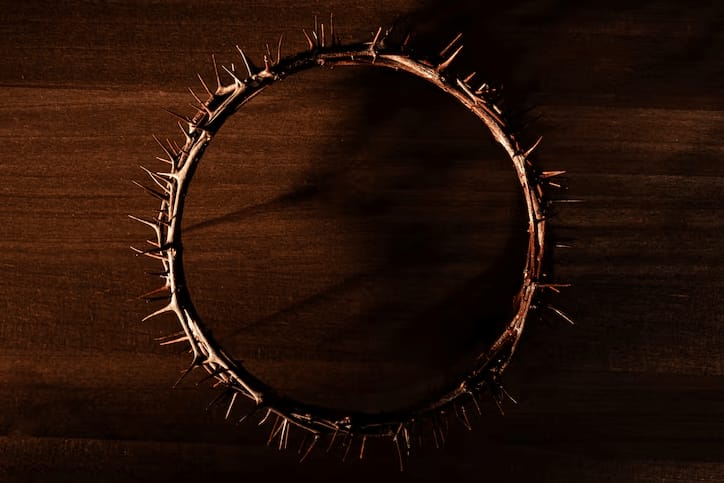- Faith Activist
- Posts
- How God Turns Sinners Into Sons
How God Turns Sinners Into Sons
Why Jesus eats with the unworthy and what it reveals about the Father's heart.

“This man receives sinners and eats with them.” (Luke 15:2)
These words were spoken not in admiration, but as a complaint. The Pharisees and scribes, grumbling and indignant, could not stomach the company Jesus chose to keep. Sinners, tax collectors, prostitutes this was the dinner crowd of the Messiah? “This man receives sinners,” they scoffed, as if that were the worst accusation imaginable.
Ironically, in their sneer, they preached the gospel better than they knew. Indeed, this man does receive sinners and eats with them.
A Heavenly Response to Grumbling
In response to their grumbling, Jesus tells not one, but three parables. These parables offer a breathtaking glimpse into the heart of God toward the lost: the wandering sheep, the lost coin, and the prodigal son. Together, they form a trinity of grace a flower with three petals Jesus holds out to all who will listen.
The shepherd leaves his ninety-nine to find the one missing sheep.
The woman overturns her house to recover a single lost coin.
The father runs to embrace a disgraced son returning from a far country.
Each parable builds to a crescendo: heaven rejoices over one sinner who repents. The joy of the Father isn’t found in legalistic rule-following, but in redemptive love that seeks out the lost and throws a feast when they come home.
Jesus’s response reveals what God is truly like. He is a pursuing shepherd. A diligent seeker. A joyful father. He isn’t repelled by sinners. He’s drawn to them. Not to affirm their sin, but to redeem their souls.
The Elder Brother's Refusal
But there is more. Jesus wasn’t just telling storie. He was holding up a mirror. In the final parable, He addresses the Pharisees directly through the elder brother. This brother stayed home, did his duties, followed the rules. But when grace shows up in the form of a party for his rebellious sibling, he’s furious.
He refuses to go in. He argues with the father. He resents the grace given to the undeserving. His complaint is eerily familiar. “This man receives sinners…”
Jesus ends the story without resolution. The elder brother is left outside the party, pouting. Why? Because the Pharisees must write the ending themselves. Will they enter the feast of grace, or will they stand in judgment, arms folded, pride wounded?
Our True Older Brother
But there’s a twist in this parable we often overlook someone is missing.
Where is the real older brother?
The parable leaves a space for him because, in truth, Jesus is that Brother. He doesn’t stay home sulking while we self-destruct. He comes after us. He travels to the far country. He endures shame, rejection, beatings, and a criminal’s death to bring us back to the Father.
Isaiah 53:6 says, “We all, like sheep, have gone astray, each of us has turned to our own way; and the Lord has laid on him the iniquity of us all.”
The feast prepared for the returning son was paid for by the Son who never sinned. The robe on our shoulders, the ring on our finger, the calf on the table they’re all His.
And He gave them to us.
The Heart of Heaven
Jesus receives sinners and eats with them. Not because their sin is excusable, but because His grace is inexhaustible. He came not to call the righteous, but sinners to repentance (Luke 5:32). He came to seek and save the lost (Luke 19:10).
We are that lost sheep, that misplaced coin, that prodigal child. But we are not abandoned. We are pursued.
This is the abundant grace of God (copia gratiae Dei) a love that doesn’t wait for us to clean ourselves up before welcoming us home. It runs toward us, embraces us, clothes us in honor, and throws a party in heaven.
A Choice to Make
The question that lingers isn’t about the younger son. We know his story. We know the ending. He’s in the banquet hall, a trophy of grace.
The real question is: Will we, like the elder brother, stay outside the party? Will we let pride keep us from the joy of others' redemption? Or will we join the Father in His joy, humbly celebrating the grace we ourselves so desperately need?
Because in the end, every one of us is saved not by our righteousness, but by the embrace of a God who delights in receiving sinners and eating with them.
If this stirred something in you, share it with someone who needs hope or subscribe to our newsletter to receive more articles like this in your inbox.
Reply